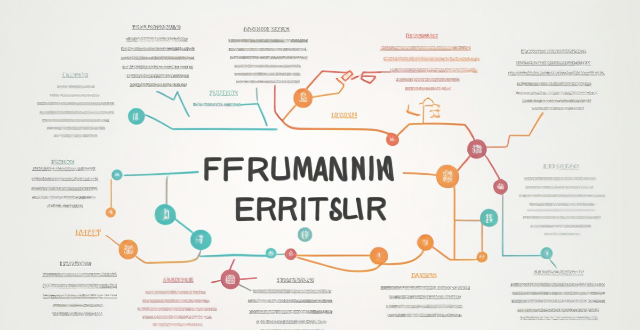Becoming fluent in a foreign language within a few months is possible but depends on various factors such as prior language experience, time dedication, effective learning resources and methods, favorable language difficulty, strong motivation, and a proactive approach to learning. Strategies for rapid language learning include setting clear goals, creating a study routine, practicing with native speakers, using technology, and embracing mistakes and persevering.

Is it Possible to Become Fluent in a Foreign Language in Just a Few Months?
Becoming fluent in a foreign language is a challenging and rewarding endeavor. However, the question of whether it's possible to achieve fluency in just a few months is complex and depends on various factors. Let's explore this topic in detail.
Key Factors Affecting Language Learning Speed
1. Previous Language Experience
Having prior experience with learning languages can significantly impact your ability to become fluent quickly. If you have already learned one or more foreign languages, you may find it easier to pick up a new one.
2. Time Dedication
The amount of time you can dedicate to learning the language is crucial. Consistent daily practice is essential for rapid progress. If you can commit several hours each day to studying, you may be able to make significant strides in a few months.
3. Learning Resources and Methods
The quality and effectiveness of the resources and methods you use can greatly influence your learning speed. Immersive environments, such as living in a country where the language is spoken, can accelerate the process. Additionally, utilizing various learning tools like apps, textbooks, and online courses can enhance your understanding.
4. Language Difficulty
Some languages are inherently more challenging to learn than others, depending on their complexity and similarity to your native language. For example, learning Japanese might take longer for an English speaker than learning Spanish due to differences in grammar, syntax, and writing systems.
5. Motivation and Attitude
Your motivation and attitude towards learning the language play a vital role in achieving fluency. A positive mindset, willingness to make mistakes, and perseverance can help you overcome obstacles and stay committed to your goals.
Strategies for Rapid Language Learning
1. Set Clear Goals
Establish specific, measurable objectives for what you want to achieve within a few months. This will help you focus your efforts and track your progress effectively.
2. Create a Study Routine
Develop a consistent study routine that incorporates various activities, such as listening, speaking, reading, and writing exercises. Allocate dedicated time slots for each activity to ensure balanced development of all language skills.
3. Practice with Native Speakers
Engage in conversations with native speakers as much as possible. This will not only improve your speaking skills but also expose you to authentic language usage and cultural nuances.
4. Use Technology to Your Advantage
Leverage technology by using language learning apps, online courses, and virtual exchange programs. These tools can provide interactive and engaging ways to practice your new language skills.
5. Embrace Mistakes and Persevere
Don't be afraid to make mistakes while learning; they are a natural part of the process. Instead, view them as opportunities to learn and grow. Stay motivated and persistent, even when faced with challenges.
In conclusion, while it is possible to become fluent in a foreign language within a few months under ideal circumstances, it requires a combination of factors such as previous language experience, time dedication, effective learning resources and methods, favorable language difficulty, strong motivation, and a proactive approach to learning. By implementing the strategies outlined above and maintaining a positive attitude throughout the process, you can increase your chances of achieving fluency in a relatively short period of time.